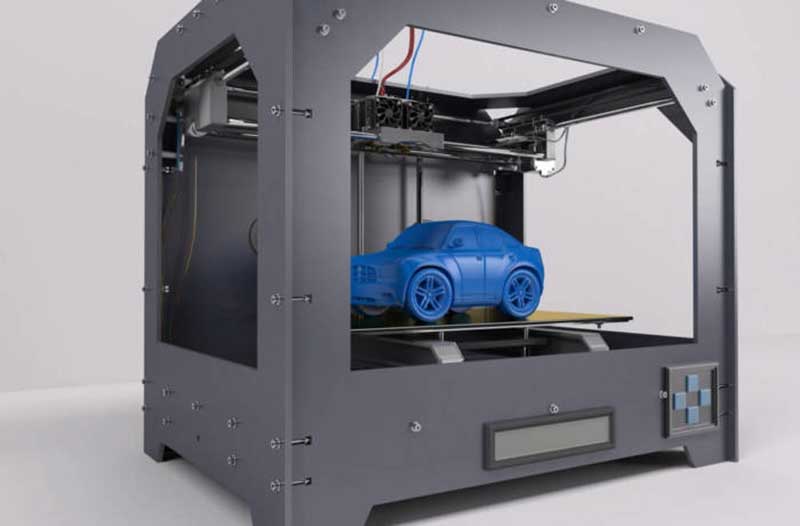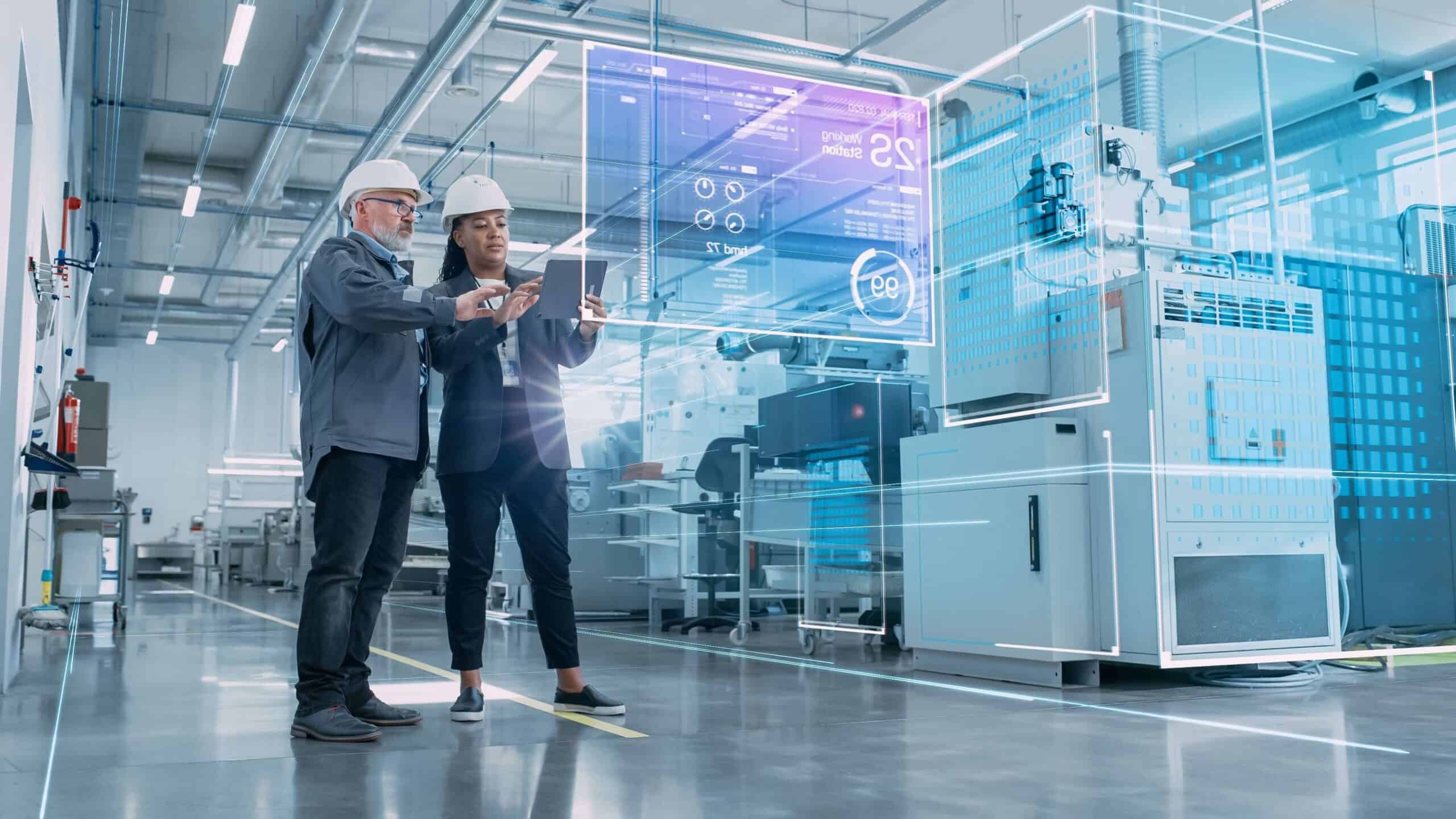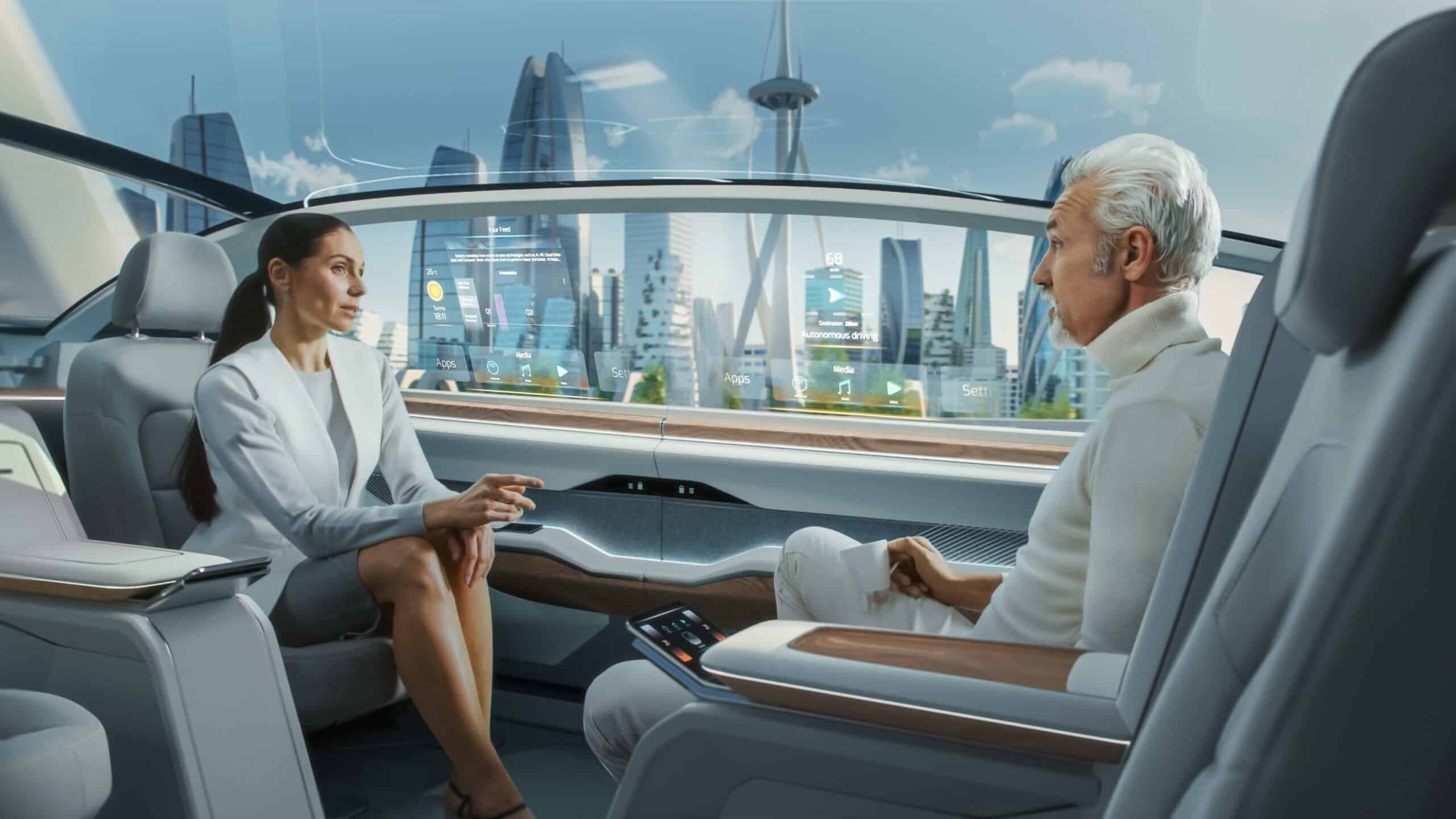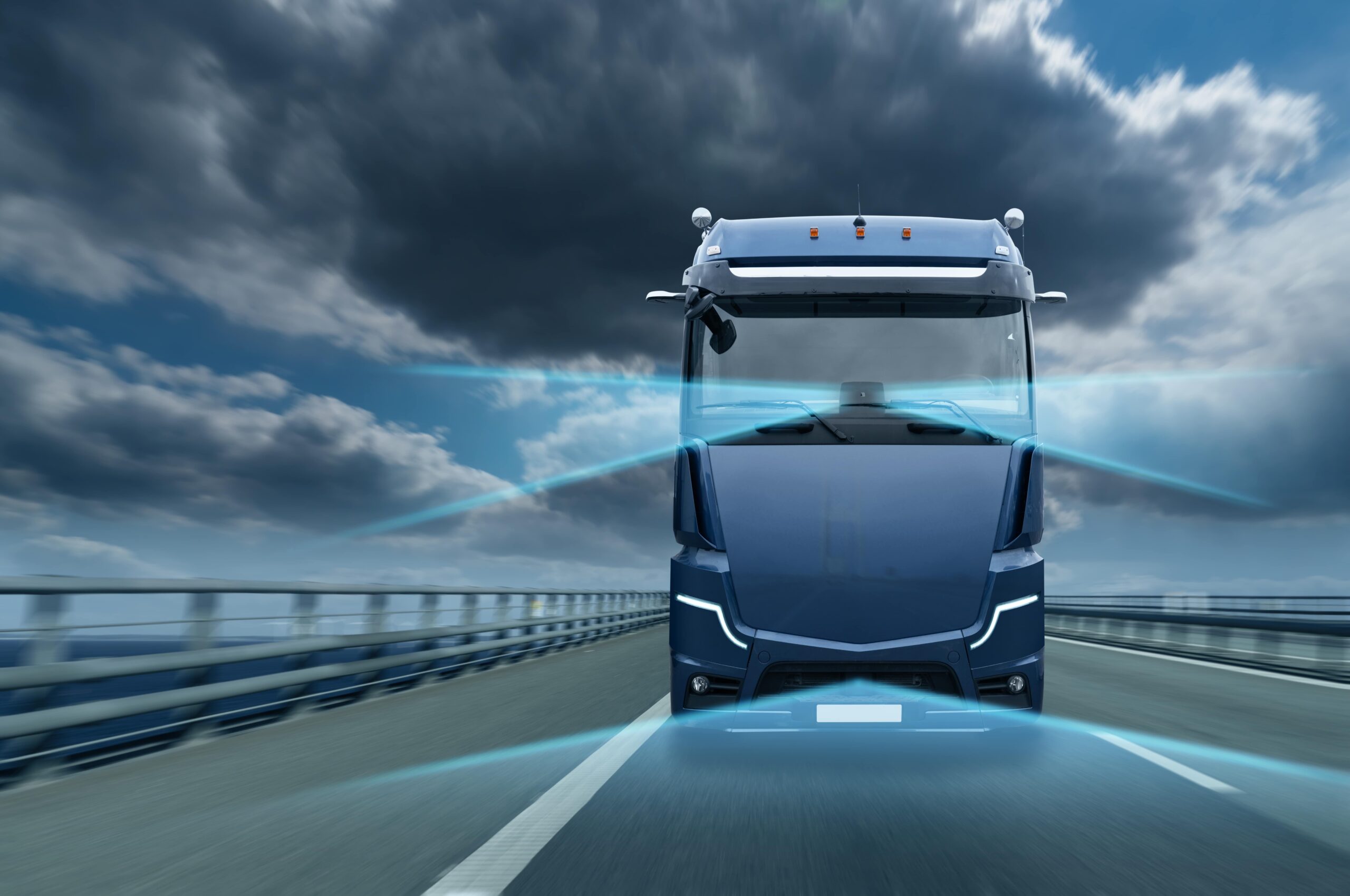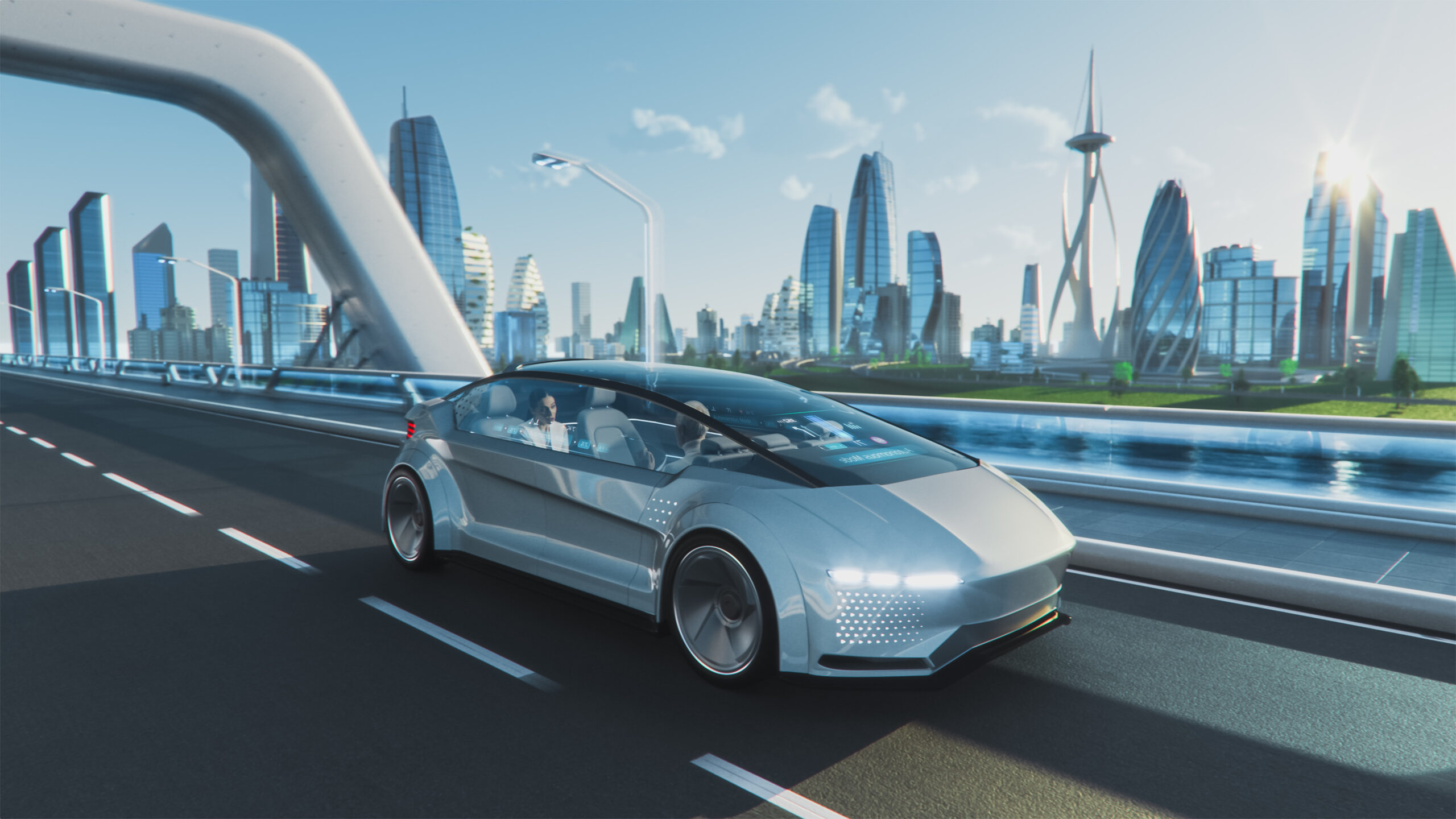Smart containers, intelligent cranes, self-propelled systems and robots are revolutionising the transport sector. Pretty much everything is becoming smart. The Internet of Things and machines equipped with sensors make the entire supply chain more transparent and efficient. The rapid developments are turning the transport sector upside down.
Optimisation, Amazon-style
A good example is Amazon. They know how to continuously improve the performance of each link in the chain. Stock picker robots load products onto a robot-cart. The cart drives the load into a self-driving truck, which delivers the parcel to the customer. If the customer is not at home, the parcel will be placed in a specially designed net or container, right outside the customer’s front door. The entire process is fully automated, without any human involvement.
The smart container that can identify itself
Another example is the smart container, equipped with sensors with which it can identify itself. When a smart container arrives in a port, it is automatically identified, the smart crane lifts it up and puts it on a self-driving truck. A robot offloads the truck and puts the goods in the warehouse. During these hyper-efficient processes, all technological developments come together. In the future, transport will be entirely data-driven. The same goes for shipping and aviation as well as weather forecasts, accident reporting, pollution warnings and pricing. Combining information from all these sources allows for the most (cost) efficient transportation methods.
Sharing economy and the new kids on the block
New technologies make the transport sector more efficient and cheaper, making this industry very interesting for ‘new kids on the block’. Hyperloop director Elon Musk used to own Internet companies but is now a car manufacturer who also focuses on new types of public transportation. The Hyperloop, for instance; a concept public transportation system which could take you from Amsterdam to Barcelona in under an hour. Another nice example is Uber Rush. We all know Uber as a shared taxi service but the same Uber car can also deliver parcels. The sharing economy, also known as peer economy or collaborative consumption, is growing at a rapid pace and we are seeing many new entrants to the market. For example, the founders of Spotify were not originally involved in the music industry and Airbnb never used to be a real estate company. Nevertheless, they are causing a significant shift in the market with dramatic implications for existing industries.
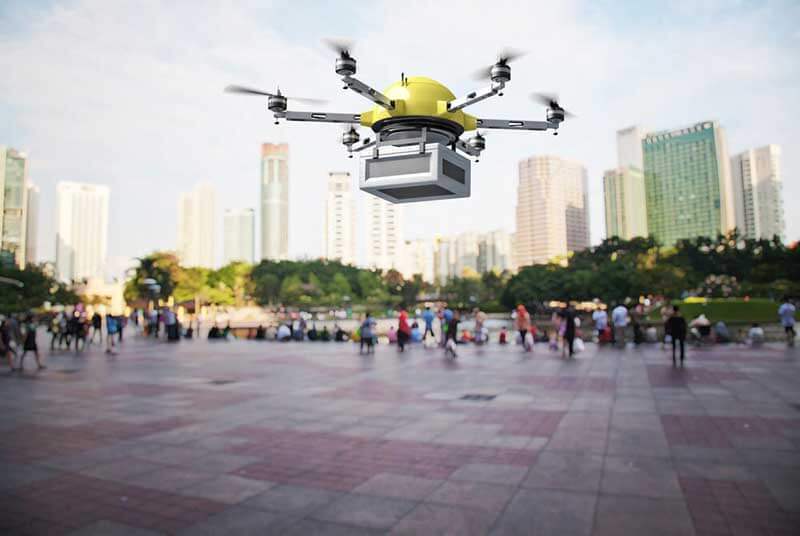
3D printing can save millions – far reaching consequences for the transport sector
3D printing is one of the biggest and most disruptive trends at the moment, dramatically influencing road transportation, air cargo and container transport. Short term effects are that we will no longer have to order and pay for spare parts for our cars, trucks and planes – we’ll simply print new ones. This will save the industry millions of euros. Changes in the manufacturing industry also have far-reaching consequences for the transport industry. The easier and cheaper it becomes to 3D print products, the greater the impact on production processes – with far reaching implications for the transportation of these (decreasing numbers of) products.
Self-propelled vehicles and robots are creating a stir in the transport industry
Robotisation is on the increase and self-propelled vehicles and drones are going to turn the transport sector upside down. Within ten years, close to fifty percent of occupations such as truck and taxi drivers, crane operators and parking attendants will have disappeared. In some countries, parking attendants are already being replaced by fully automated parking systems. In the not too distant future, parcel delivery will happen via drones, as we saw in the Amazon example. Drivers will be replaced by technology and car sharing will create a shift in vehicle production. The fact that the number of accidents with self-driving vehicles will be significantly reduced, of course, also has implications for, among others, the car repair industry and insurance companies.
Big data as a business model
It’s a data economy and it’s important to keep up to speed with what’s going on. Big data and technology will be calling the shots and with smart algorithms, each and every action in each and every process can be calculated, predicted and planned. To improve efficiency, transport companies can for instance analyse data from the truck journeys to help streamline processes and reduce loading and offloading times. Data analysis can also help decrease the number of trucks on the road. In order to stay relevant in the industry, transport companies need to understand the importance of the IoT and big data and how to put it to work. Those who do nothing with this technology may as well close their businesses.
